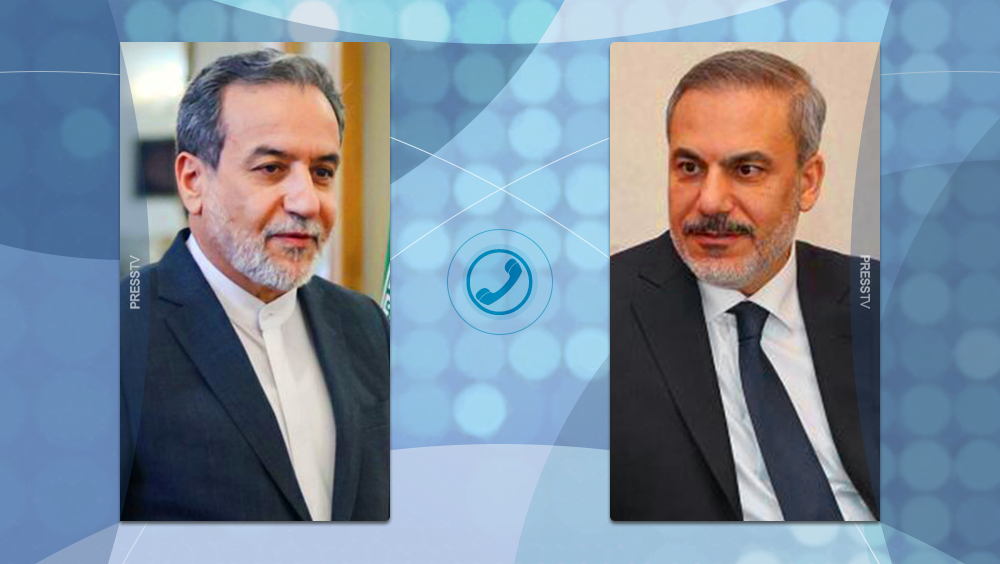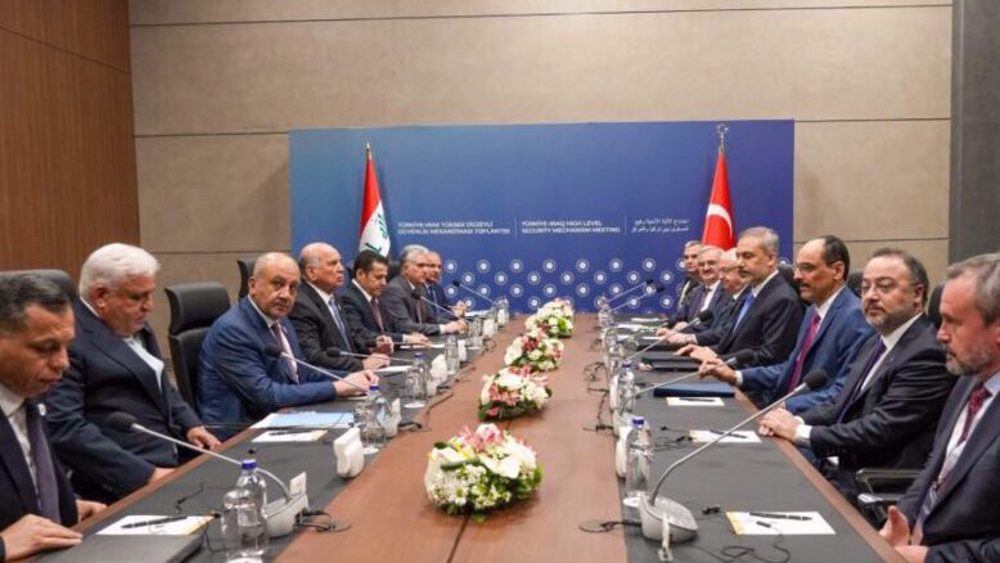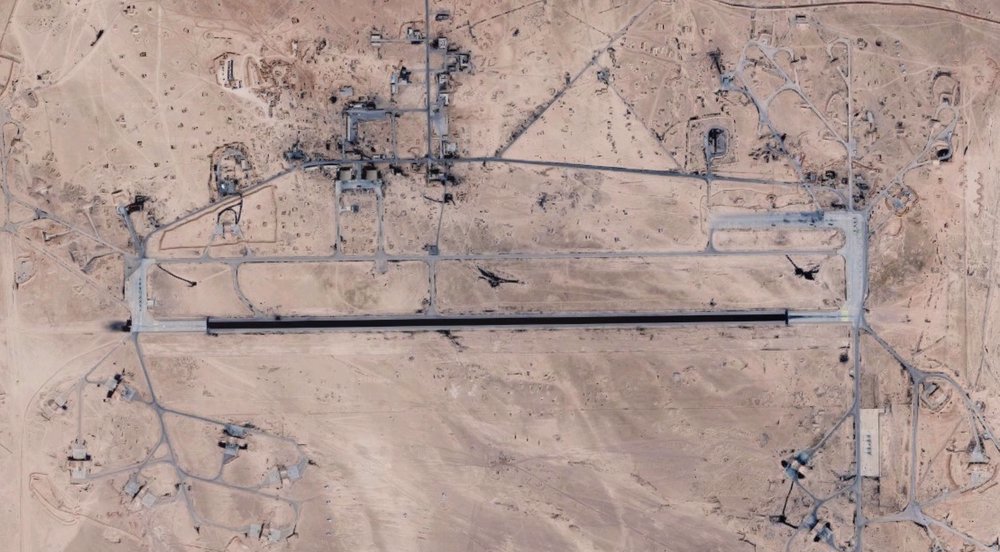Turkey army bans staff from traveling to Russia
The Turkish army has banned its staff from traveling to Russia for holidays, local media say, amid heightened tensions between the two countries.
Turkey's state-run Anadolu news agency said on Sunday that military personnel and academy students were banned from taking holidays in Russia as a "precautionary measure” after a Russian warplane was recently shot down near the Turkish border with Syria.
The army personnel were informed of the new decision through a mandate sent from the headquarters to the service commands. They were also told to take permission before taking any foreign trips.
Last month, the Turkish Foreign Ministry advised the Turkish nationals to delay all their non-urgent trips to Russia.
Turkey and Russia have been locked in a war of words since November 24, when Turkey downed the Russian Su-24 fighter jet over Syria, claiming that it had violated Turkish airspace, an accusation strongly rejected by Moscow. The aircraft’s two pilots ejected as it was going down in flames. One of them was killed by militants in Syria, while the second was picked up by the Syrian army.

Russian President Vladimir Putin (AFP photo)
Russian President Vladimir Putin said immediately after the incident that the downing of the Russian plane would have "serious consequences" for Moscow-Ankara ties.
Russia has imposed sanctions against Turkey since then, such as banning imports of some Turkish foods, reintroducing visas for Turkish nationals and stopping the sales of holiday packages to Turkey.
Putin also called the incident a “stab in the back, carried out by the accomplices of terrorists.” He demanded that Ankara apologize over the incident. Turkish President Recep Tayyip Erdogan has, however, responded by saying that Turkey does not owe Russia an apology over the matter.
Moscow-Ankara relations further strained after Ankara deployed troops to northern Iraq. Turkey claims the dispatch is part of a deal with Baghdad to train Kurdish forces. Baghdad, however, strongly condemned the presence of Turkish forces as an intervention.
On December 8, Russia’s Foreign Ministry said it considered Ankara’s dispatch of its forces “illegal” and "a very serious factor of tensions," emphasizing that "the forces arrived there without the approval of the Iraqi government."

Iran, Turkey foreign ministers discuss Muscat talks, other regional issues

Iraq warns Daesh threats ‘resurging’ in Syria

Turkey readies plans to take over Syria’s T4 airbase: Report
Iran pres. stresses collective, effective fight against terrorism in calls with India, Pakistan PMs
Iran declares holiday in Bandar Abbas port as fire still raging
VIDEO | NY protesters demand end to genocide on Global Day for Gaza
VIDEO | Pope Francis funeral mass held in St. Peter's Square
VIDEO | UK education activists focus on decolonization
Iran supports any measure to strengthen peace, tranquility: Pezeshkian
Iran, Russia agree to transfer gas via Azerbaijan: Minister
VIDEO | US joins global protest day to demand Israel lift 8-week siege












 This makes it easy to access the Press TV website
This makes it easy to access the Press TV website